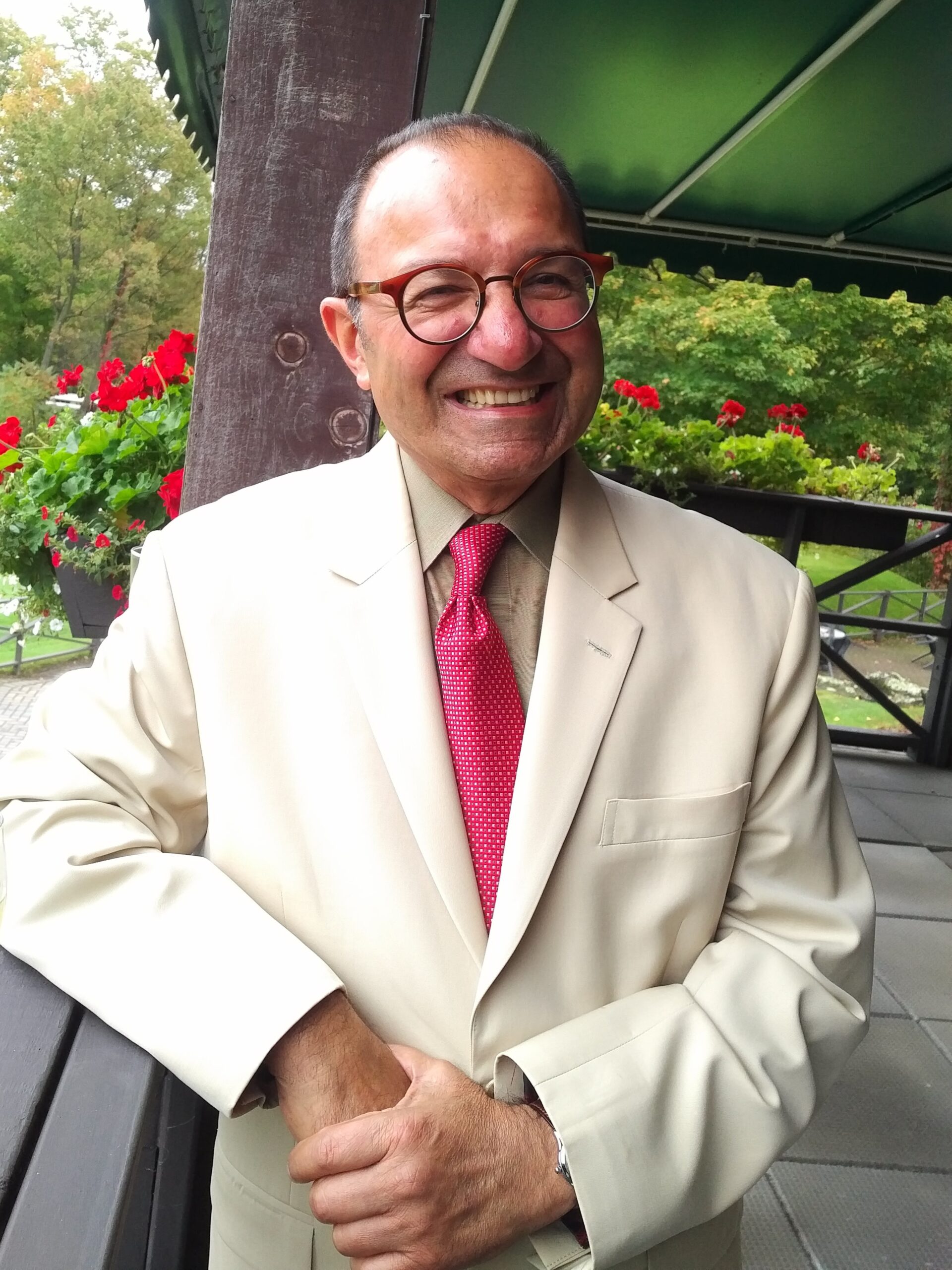Certificate in Real Estate Development: “I am already applying what I have learned”
February 18, 2025

Most buildings that make up the North American city have beginnings which are speculative. The developers responsible range from big corporations to individuals operating out of a truck. Even public agencies often engage private partners to finance as well as build.
Whether apartment blocks, suburban houses, office buildings, or other workplaces, large amounts of time, money, and skill are required to make them happen.
The Certificate in Real Estate Development (CRED) program at Carleton University provides an introduction to the many processes and players involved: lawyers, banks, neighbours, architects, engineers, planners, building officials, manufacturers, trades, and marketing.
The 12-day hybrid program, which starts March 25, prepares people considering initiating a development, as well as those who play a part. Learn more and register here.
One of the recent participants was Hanif Patni, an Ottawa businessman planning to develop land owned by his family.
“I am already applying what I have learned by reaching out to some of the right developers and by talking with various experts on ideas that I have,” he says. “The program opened my mind to the various possibilities we could have, and galvanized my thinking on how we may proceed.”
In the Q&A below, he describes his experience of the Certificate in Real Estate Development (CRED) program.
Q&A with Hanif Patni
What was your objective in taking the course?
My greater family has many business interests. One unusual activity that the whole family participated in was the investment and growth of my company, Coventry Connections, a taxi and car transport business which grew to operate many fleets in Ontario.
In 2014, the company went through a crisis with the entry of Uber Technologies. During those difficult years, our banks asked us to divest some of the company property and use that cash to reduce company debt. My entire family funded the purchase of one of those properties.
We managed to navigate the process of rezoning the property for dense residential towers as it was quite close to two light rail stations, the VIA station, and downtown highway access. We now plan to work together to very carefully consider all our options for development and to seek the right type of partner that is a fit for us.

This course was incredibly useful for putting me in touch with several developers. They willingly shared their approach to a development project and showed us how they calculate risk and how they handle other issues they face. It gave me a sense of their professionalism, and their creativity.
The program opened my mind to the various possibilities we could have, and CRED galvanized my thinking on how we may proceed. This project of ours may take decades to fully develop, but the spark that ignited my thinking was most certainly helped by CRED.
What did you learn?
We looked at how properties can be structured and zoned for their best use and how that process can take place. We looked at implications and risks associated with poor decision-making. We looked at how new concepts could be considered and then explored for viability through very detailed financial projections before they were submitted for approval and for sourcing finance. I learned how pedantic and careful they were in constructing their financial models.
The most important thing that I learned was that such projects are not easy and to take an idea from a vision to a reality can be a considerable amount of one’s life in getting it right. I learned that I had the capacity and the willingness to undertake this type of a project but need to do it with the right people who have good expertise and share the same vision on an investment of this size, with the possibility of four towers and almost 1,000 units.
Did the course improve or change your understanding of development? How?
The course highlighted the extreme risks that so many developers could face and how they mitigated those risks through very careful planning and some creative work. Most importantly, it showed me that daunting challenges can be managed, leading to successful outcomes.
How would you describe your experience of the program?
While the course could have been taken with online attendance almost everyone attended the course physically and got to know each other and the instructors during that entire program.
It was an intimate setting with many of the people there having very different viewpoints and objectives related to developing their own projects. Each of the participants was curious and supportive in understanding the issues facing me, just as I was involved in the issues that affected each one of them. So, aside from the instruction and the content of the course, it was also the people participating who were there to learn from each other that were engaging and supportive.
This course was not only good on instruction but was often Interactive requiring the participants to share their views. We did that on a confidential basis with each other and this allowed us to express our concerns and our views.
What was the best part?
The best part was the final two days when we worked in teams to create financial proformas based on information that was provided to us on a potential project. This forced us to consider examples of a real project and assess the viability of the projects with certain assumptions that we had to make. It was quite enjoyable to see all the mistakes that we were making when it was time to review the outcome of our hard work.
How will you apply what you have learned?
While I am reasonably proficient with understanding the concept of building a development, what became very clear to me early in this game during the program was that we could in fact do a few things that would improve the project concept considerably. This included the need to build alliances with neighbors and the possibility of strategically using the land surrounding us to make it a better place for the neighbourhood.
I am already applying what I have learned by reaching out to some of the right developers and by talking with various experts on ideas that I have, before these are present options to my family.
The Certificate in Real Estate Development program is run by Carleton University’s Future EDge Professional Development and the Azrieli School of Architecture & Urbanism. The next course starts on March 25. Details here.